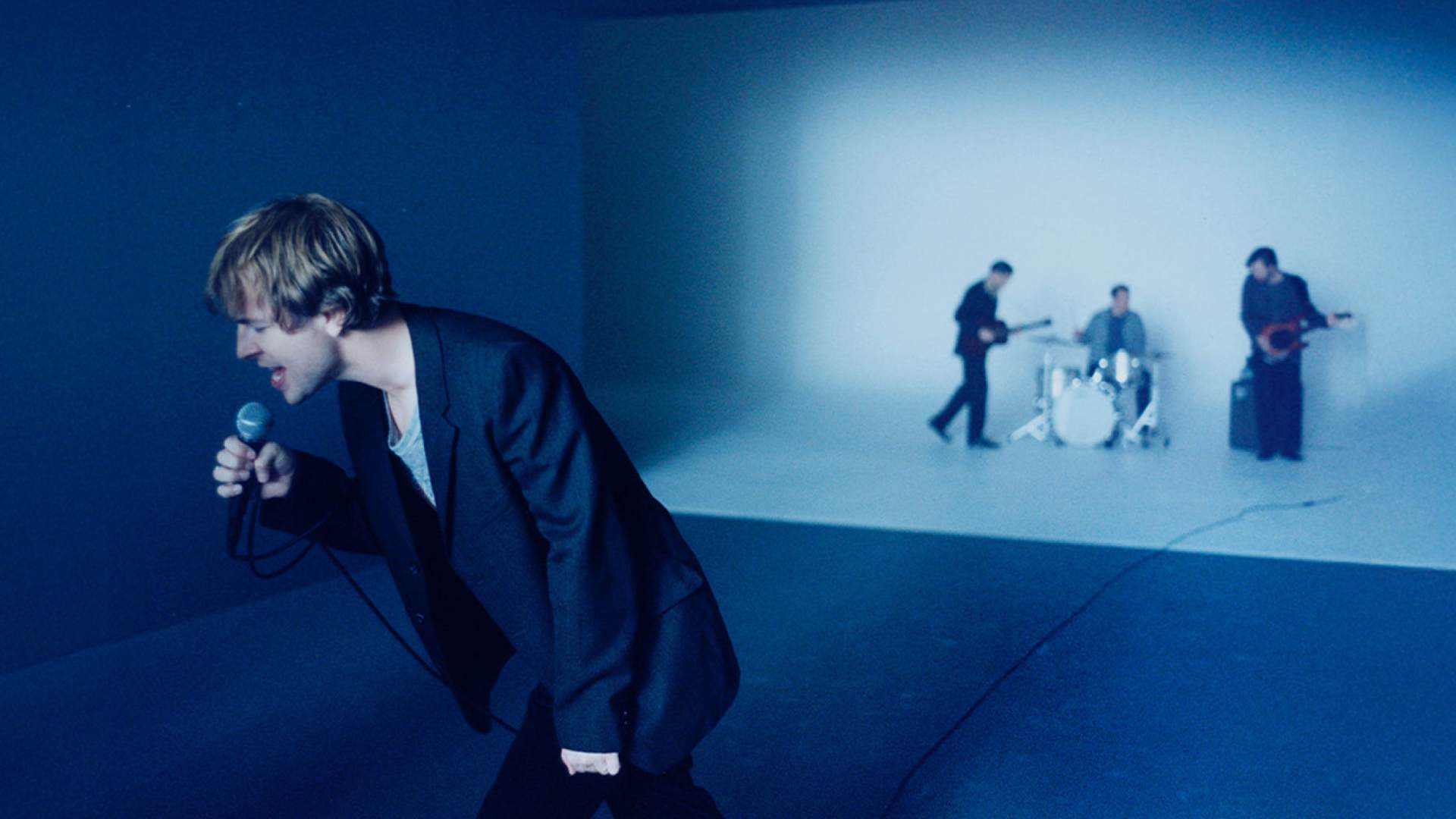Tom Odell
Mo | Tu | We | Th | Fr | Sa | Su |
Tom Odell has been stripping back the layers, creating a prolific and increasingly vulnerable canon of work that speaks to the frailties of the human condition and the fragility of the world around us. Particularly since the pandemic and 2021’s Monsters, Odell’s songwriting has put rawness and honesty to the fore, with a whole new generation of fans finding vital solace in his music in response. Seventh album ‘Black Friday’’s haunting title track has earned nearly 700 million combined streams since its late-2023 release, while a resurgence of excitement around his first ever single - 2012’s ‘Another Love’ - has seen it soar to over three billion plays on Spotify alone.
As Odell has become braver as a writer, pushing himself to uncover the most fragile and often painful parts of his psyche, so has he established himself as a true artist of note: a fact underlined by a pair of Ivor Novello nominations for Best Song Musically and Lyrically, in both 2023 and 2024. For the now-34-year-old, it’s been an illuminating journey. “The things that you feel slightly uncomfortable playing to your friends or your parents, they’re what you should put out because then it’s worth sharing,” he says. “We keep so much stuff inside, and that’s what tends to torture us the most - not the things we’re prepared to talk about - so I try to write about that as much as possible.”
Though Odell first came to prominence as a Brit Award-winning new UK pop hope, it’s never been this type of shiny, mainstream success that fuels him. “I never applied to the role of pop star and I always felt like I was being perceived in the wrong way,” he reflects. And as he’s committed further to his own vision, crafting intensely personal songs dealing with mental health struggles, body image issues and beyond, he’s seen the connections spread across the globe, through his 2.4 million TikTok followers and out into the real world environs of the live stage, where he’s been supporting Billie Eilish on her European arena tour before embarking on his own run of intimate underplays. “It alleviates some of the loneliness of existing,” he suggests of why his music has resonated so strongly, “which is what we’re all going through, together.”
Now, with his seventh studio album, Odell has created a record that embodies this spirit of empathetic, total honesty; one that looks out at the broken landscape of modern, fractured society and finds dystopia and doom, but also - integrally - glimmers of beauty and hope.
A Wonderful Life was written over nine months in 2024, on tour buses and trains, far away from the stable home life he’d created. More than any album previously, perfecting the lyrics was a true labour of love. “I laboured over every line,” he nods. “I went in on those words every day, on every plane journey, just refining and refining and refining. I can be a bit obsessive, and the obsessive part of me is probably the worst part of me and the bit that I would pay so much money for a therapist to tell me how to lose. But it’s also the bit that does not give up on songs.”
As such, the tracks on Odell’s seventh represent some of the most direct and affective moments of his career so far. Written, partly, as a real-time reaction to the harrowing news cycle and “the sense, almost every week, that the world is ending in some capacity - which it is, for some people”, it finds the musician sharpening his pen to distil this maelstrom of despair, frustration and helplessness into tracks like gently rousing lead single ‘Don’t Let Me Go’. That song opens a conversation around the “scariness” of social media that the record often returns to: “Maybe we’re sick / Sick in our bones / You smile and look down at your phone / The city is filling with smoke,” goes one notable line - inspired by a video Odell found of train commuters merrily doom scrolling as the apocalypse rages on outside. Over the tender pianos of ‘Why Do I Always Want The Things I Can’t Have’, meanwhile, he laments: “I’ve been staring at screens, my eyes are aching / Losing my faith in this world we’re making”.
“For me, that sums it up because it takes accountability for the fact that I’m [responsible] just as much as you are or the people with loads of power are,” he says of the latter line. “I hate it when it’s just blame, because when people look back on this time in 30 years we will all be responsible for the world we’re living in. But I’m still quite optimistic, and I feel like maybe if one’s gotta have anything, it’s faith in ourselves because we made it this far.”
Program and cast
Wiener Stadthalle
Wiener Stadthalle is an indoor arena , located in the 15th district of Vienna, Austria . It was designed by Austrian architect Roland Rainer and built from 1953 to 1958 . The arena HAS to overall seating capacity of 16,000 people Approximately .
The arena Comprises 6 halls : A and B ( grammar school ), C (ice arena) , D ( main hall , mostly for concerts eg Metallica ), E ( for smaller events eg The Stehaufmandln ) & F ( for more intimate concerts eg Women's World Award). In 1974 , the additional Stadthallenbad , a public swimming pool , which built .
The arena hosts annual tennis tournament at , called Erste Bank Open and the show Holiday On Ice.
Many famous shows and artists played at the Wiener Stadthalle, spanning many different genres of music .

 EN
EN DE
DE IT
IT FR
FR ES
ES RU
RU JP
JP RO
RO
 Seating plan
Seating plan 